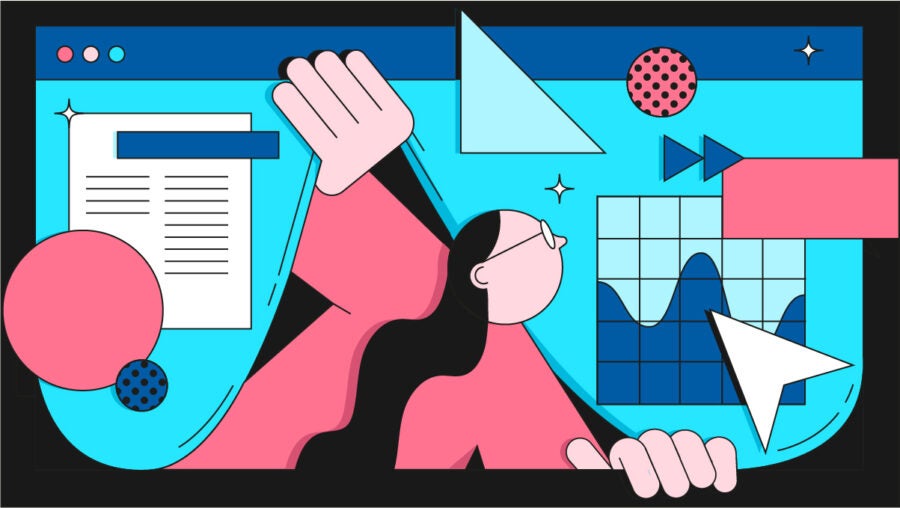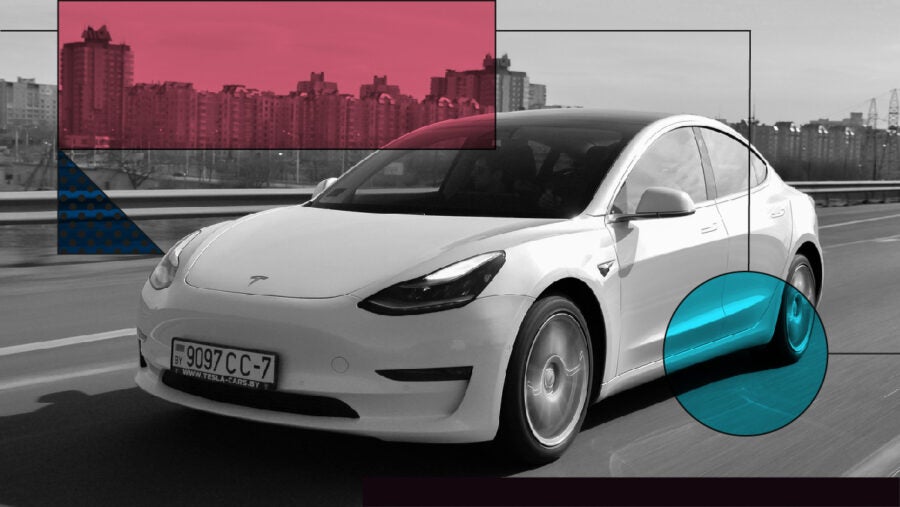
Is former CBI boss really the ‘fall guy’?
The scandal at Britain’s largest business lobbying group hit headlines again this week as the former director general of the CBI, Tony Danker, claimed he had been “made the fall guy” during an interview with the BBC: “Not only did they throw me under the bus, they reversed it back over me.”
His main point of contention was that he had been wrongly associated with some of the more serious allegations made against senior members of the CBI, including an alleged rape at a staff party in 2019. While that event does predate his tenure, victims have also come forward with claims of inappropriate behaviour and sexual harassment that occurred under his watch. And if anyone is to be made “the fall guy”, then surely it is the person that was the boss when this toxic culture existed. Accountability starts from the top and, as the boss, it was his responsibility to root out these pre-existing issues and set the right tone.
Instead, he stands accused of sending inappropriate messages to staff, some containing sexually suggestive language, which were interpreted as “harassment” by some of the recipients. Danker’s attempt to paint himself as a victim should not be allowed to overshadow the voices of the more than a dozen women who came forward to The Guardian. True leadership requires true accountability.
Greggs demands a seat at the table
Greggs is appealing a ban preventing one of its central London stores from selling hot food through the night after the Metropolitan Police claimed it could lead to increased crime and disorder. Last year, the bakery chain was denied an overnight licence to keep its Leicester Square outlet open between 11pm and 5am by Westminster Council amid fears that it might attract crowds, likely under the influence of alcohol, after they had left nearby bars and restaurants.
As the Greggs store in Leicester Square does not have a seating area, a police report reasoned, it was more likely that customers would exhibit anti-social behaviour.
It seems quite a leap. Greggs is understandably perturbed (especially as competitors such as McDonald’s face no such similar sanction), and will contest the case in court next month.
Tesla forced to drop prices, again

Tesla is lowering prices for the sixth time this year. The cuts are aimed at boosting sales, but have left many questioning if Tesla’s EVs were overpriced to begin with?
In the US, Tesla’s market share is down from 70.5% in 2021 to 63.5% in 2023, according to research by S&P Global Mobility. The number of EV competitors has grown as more car manufacturers focus their efforts on the space, with Jaguar Land Rover the latest to commit to spending, investing £15bn on expanding and evolving its own EV range.
CEO Elon Musk has been bullish about what he perceives to be negative media coverage of the price drops. “We’re not ‘starting a price war,’” he tweeted. “We’re just lowering prices to enable affordability at scale.”
Well, quite. But why has it taken so long? Widespread EV rollout is essential in tackling the climate crisis. But the two biggest barriers to this reality are affordability and infrastructure. Consumers, no matter how climate-conscious, are ultimately constrained by their income. The winner of the EV market share race, then, will be the company that can provide the best level of performance for the lowest possible price.
Russian boycotts keep Ukrainian spirits up
Global sales of Ukrainian vodka have surged in the year following the Russian invasion, the BBC reports. Manufacturers such as Nemiroff have ramped up their operations after consumers and retailers worldwide boycotted Russian-brewed vodka brands.
In 2020, the UK was the world’s largest importer of Russian vodka. But several retailers, including Tesco and Asda, removed Russian imports of the spirit from sale in the immediate aftermath of the attack. Brands such as Russian Standard and Beluga were taken off the shelves, in favour of Smirnoff, Absolut and Grey Goose (brewed in the US, Sweden and France respectively).
Imports of beverages of all kinds from Ukraine to the UK overtook those from Russia in May 2022 and have risen steadily since then, ONS figures show. However, Ukraine alone has not been able to make up the shortfall in vodka sales. Globally, consumers bought 47% less of the spirit in 2022 than in 2021.
It’s a sign of how strong the brand and consumer reaction against the invasion of Ukraine has been in the West so far. But it remains to be seen, as the war drags on, whether outrage will sustain lasting change.

Is former CBI boss really the ‘fall guy’?
The scandal at Britain’s largest business lobbying group hit headlines again this week as the former director general of the CBI, Tony Danker, claimed he had been “made the fall guy” during an interview with the BBC: “Not only did they throw me under the bus, they reversed it back over me.”
His main point of contention was that he had been wrongly associated with some of the more serious allegations made against senior members of the CBI, including an alleged rape at a staff party in 2019. While that event does predate his tenure, victims have also come forward with claims of inappropriate behaviour and sexual harassment that occurred under his watch. And if anyone is to be made “the fall guy”, then surely it is the person that was the boss when this toxic culture existed. Accountability starts from the top and, as the boss, it was his responsibility to root out these pre-existing issues and set the right tone.
